
The Supreme Court (SC) yesterday asked the state to furnish all documents it intends to rely on in the case of five former executives of the National Communications Authority (NCA) standing trial for allegedly causing GH¢4 million financial loss to the state.
In a unanimous decision, the seven-member panel presided over by Justice William Atuguba, said summary and trial by indictment would be expedited if the prosecution voluntarily disclosed documents to accused.
Mr. William Tevie, a former Director-General of NCA, Eugene Baffoe, a former Board Chairman, Nana Owusu, Alhaji Salifu Osman Limuna, a former Deputy National Security Co-ordinator and Derek Oppong, a private citizen, who have pleaded not guilty to the charges against them went to the SC for interpretation of Article 19(2) (e) and (g) of the 1992 Constitution.
This was after their defence counsel and prosecution had placed rival meanings to the constitutional provision before the Commercial Division "7" of the High Court, presided over by Justice Eric Kyei-Baffour.
Article 19 (2) (e) of the 1992 Constitution states: "A person charged with a criminal offence shall be given adequate time and facilities for the preparation of this defence."
Article 19 (2) (g) states: "A person charged with a criminal offence shall be afforded facilities to examine, in person or by his lawyer, the witnesses called by the prosecution before the court and to obtain the attendance and carry out the examination of witnesses to testify on the same conditions as those applicable to witnesses called by the prosecution."
Lawyers for the accused filed an application for stay of proceedings, which the High Court upheld and referred the case to the SC.
In opposing the application, prosecution argued that no issue had arisen out of the trial seeking constitutional interpretation.
The SC, in its one-hour landmark judgement read by Justice Sophia Adinyira, said there was the need for urgent reforms into the administration of criminal justice.
"Non disclosure by the prosecution is a potent source of injustice. A trial cannot be fair if prosecution is allowed to keep materials to its chest," she said.
The court noted that the duty to disclose documents is not absolute as certain conditions pertaining to relevance and national security would have to be determined by the court.
The issues referred to the SC for interpretation are whether, on a true and proper interpretation of Article 19 (2) of the 1992 Constitution, the accused persons are entitled to pre-trial disclosure, and if yes, at what point should the prosecution make the disclosure, in view of the rule that accused persons must be put before court within 48 hours after arrest.
According to the facts of the case, Baffoe-Bonnie, Tevie, Osman, Alhaji Limuna, accused of infractions in procuring a listening device, were allegedly aided by Oppong.
According to the prosecution, the previous administration had contracted an Israeli Company NSO Group Technology to supply listening equipment at the cost of $6 million to enable the Authority to monitor conversations of suspected terrorists.
Read Full Story


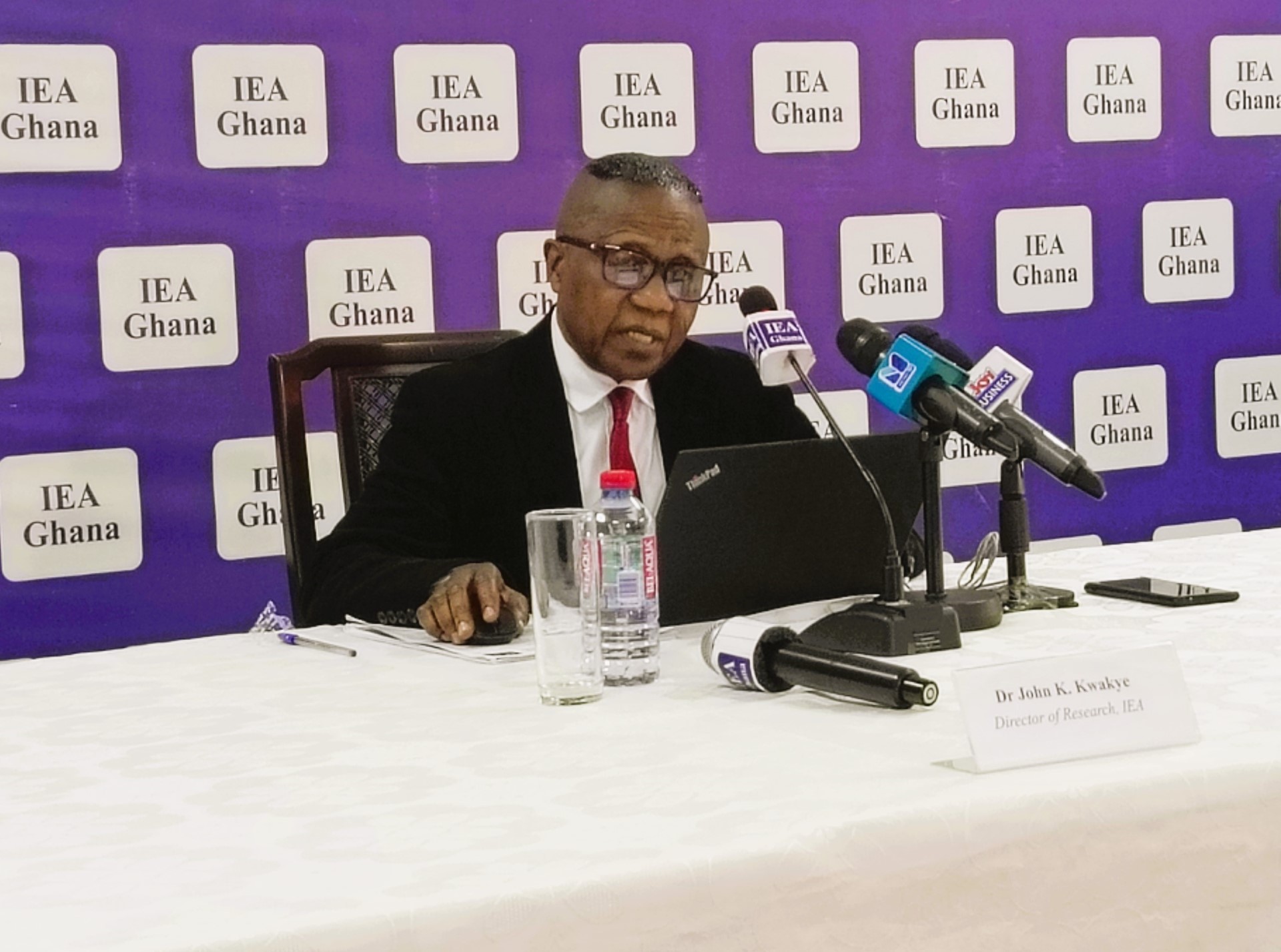
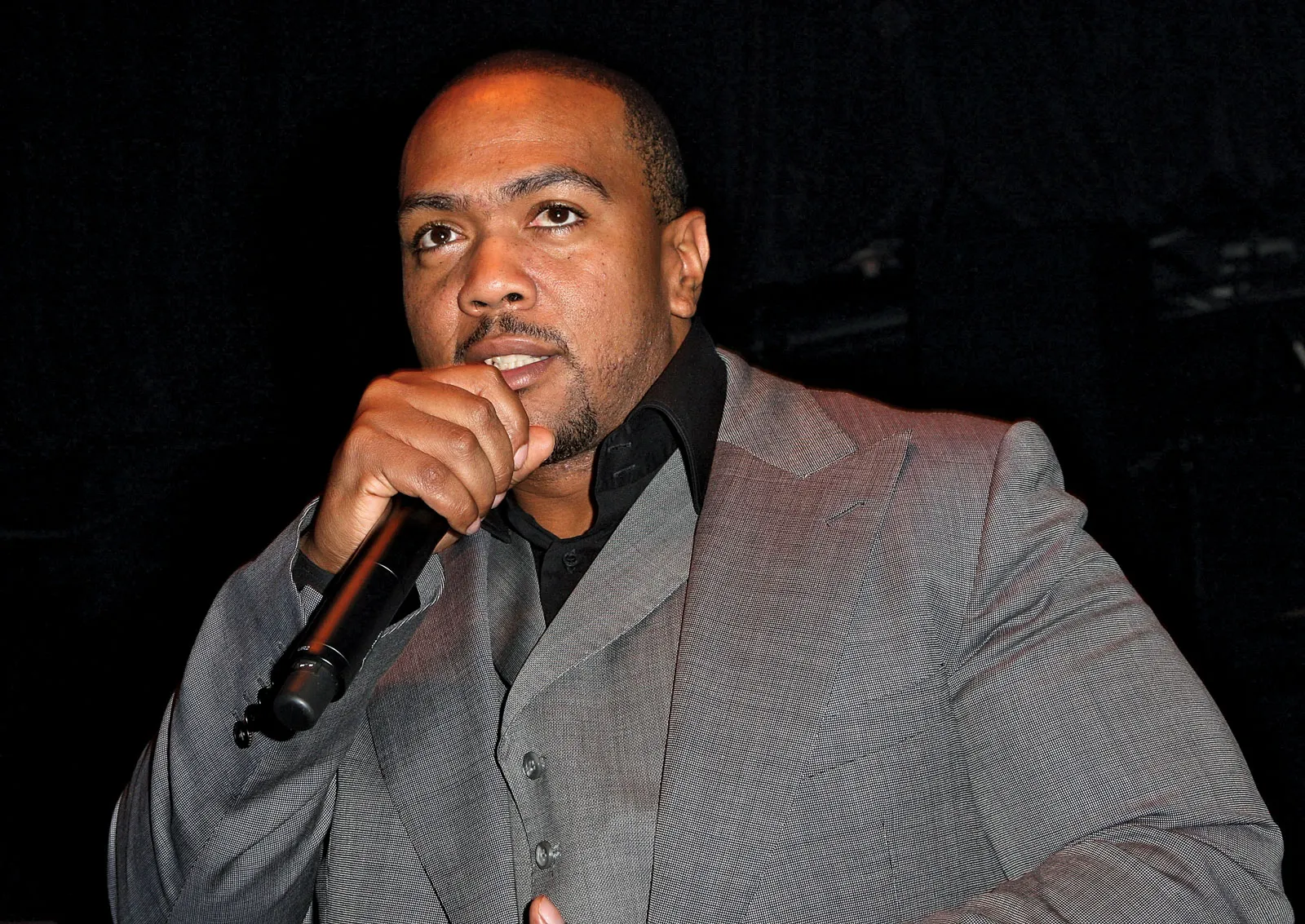
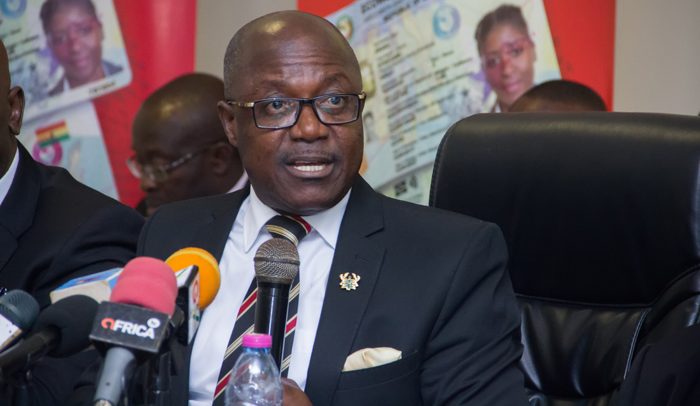
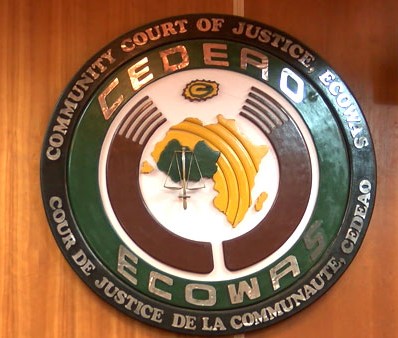
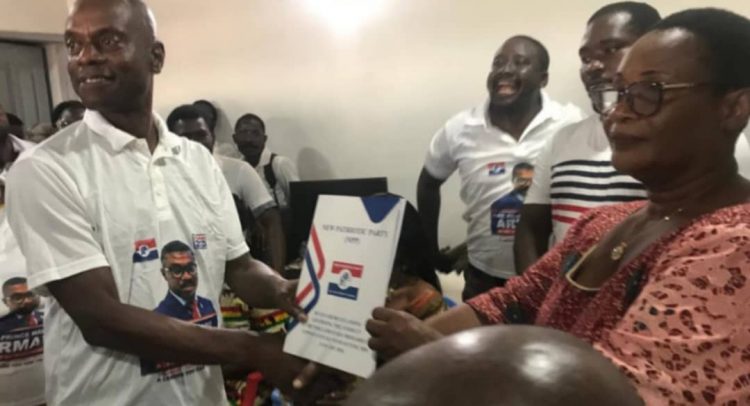










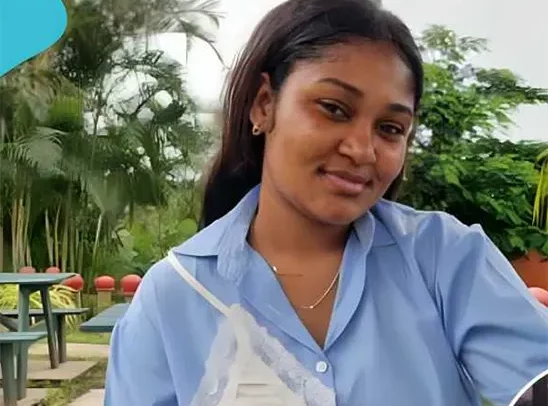





Facebook
Twitter
Pinterest
Instagram
Google+
YouTube
LinkedIn
RSS